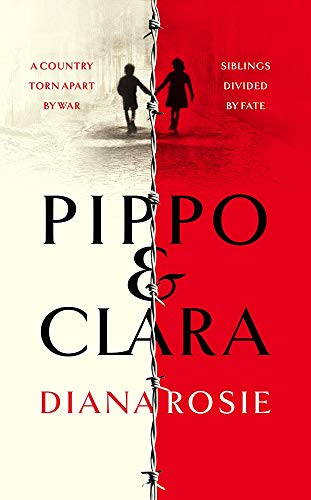Pippo and Clara
In an unnamed Italian city in 1938, Clara wakes up to find her mother has not returned home since the previous evening. She leaves her younger brother Pippo behind to search for her Mamma, turning right as she steps outside. Sometime later, seven-year-old Pippo wakes up and decides to search for his mother and sister, turning left outside the house. This leads to the siblings’ long separation and vastly different experiences in a country on the brink of revolution and war.
The two protagonists are taken in by people on opposite sides – fascist and communist – and the upheavals, uncertainties and tragedies of struggling families across these divides are related in a deeply affecting way. As World War II drags on, lives get harder and more fragile, with danger at every turn: loss and tragedy lead to hatred and vindictiveness, with the road to the siblings’ possible reunion strewn with many obstacles.
This is an enjoyable, fast-paced and emotionally engaging story that portrays the ideological divides of wartime Italy from different childhood perspectives. The point of view alternates between Clara and Pippo, who never forget about each other nor lose sight of the powerful bond encouraged and nurtured by their lost mother. Issues of race, heritage, and prejudice are important, especially since the siblings are Romani, people who were outlawed and persecuted by Fascist Italy from the early years of the regime. Due to this, Clara’s growing friendship with an elderly Jewish librarian and academic (a development relayed to a reader intensely aware of the approaching German occupation) has even greater impact. Overall, Rosie’s rather clichéd choice of the right-hand turn leading to life among Fascists and the left-hand turn leading to life among Communists does little to detract from the overall quality of this book.










